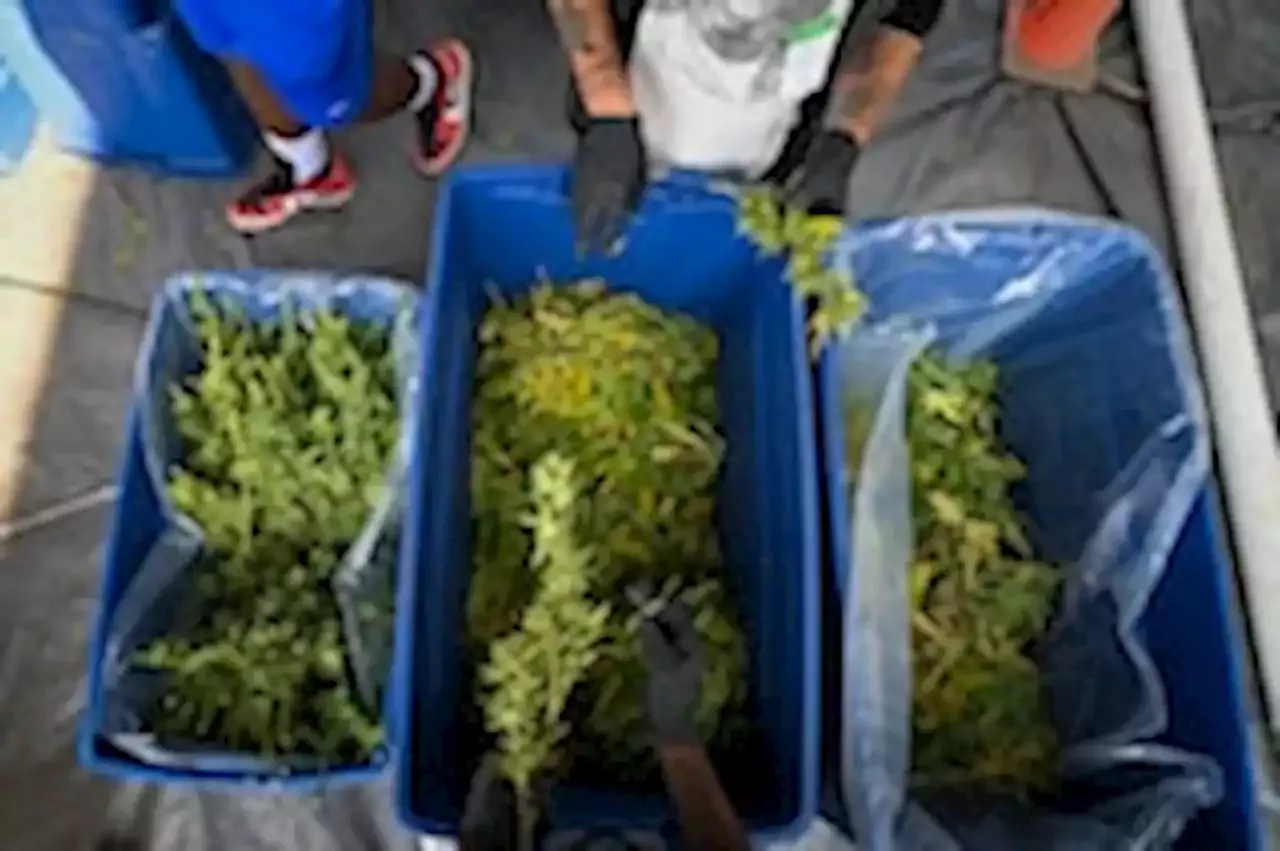studying the pitfalls other states experienced standing up their legal markets. Legislators also drew from Maryland’s own botched rollout of its medical cannabis industry.
“We’ve been talking with our counterparts in other states saying, ‘If you had to do it all over again what would you do differently? What did you wish you had known when you set up your program?’” Senate Finance Chairwoman Melony Griffith said during a news conference. “We have great expertise here in Maryland, with our medicinal cannabis program, and have had tremendous success. So all of those ingredients, if you will, have been rolled into our cannabis framework.
In addition to settling on a 9 percent sales tax, lawmakers agreed to provide 35 percent of the state’s revenue to the Community Reinvestment and Repair Fund, a new fund for local organizations that serve communities disproportionately affected by the war on drugs. The Office of Social Equity would create the guidelines for identifying those communities.
Five percent — up from 1.5 percent in the original bill — would be given to local counties. During floor debates, attempts were made to permit others — including emergency medical services and public education — to reap some of the proceeds.Legislative analysts estimate that the state would bring in about $13 million in fiscal 2023.
Sen. Mary Beth Carozza said she worried about local jurisdictions like Ocean City that will be unable to impose more stringent requirements and penalties than the ones set by the state.Del. Wayne A. Hartman offered an unsuccessful amendment to increase from 500 feet to one mile the minimum distance that a dispensary could operate from a school, playground, library or public park. It also must be at least 1,000 feet from another dispensary.
As always the rich will get richer
One day, the entire country will have legal weed. Alcohol is so much more dangerous. And no….it’s not a gateway drug. Wake up, ppl.
What a development... 😒
Never FOMO. Veve tips
